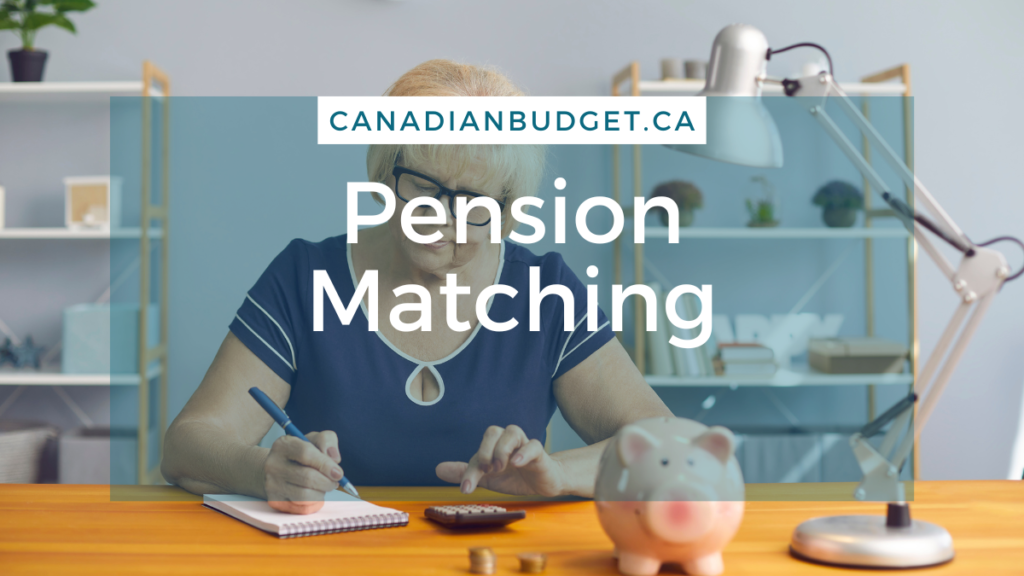Employer Pension Plans
Table of Contents
Toggle
Employer pension matching
The amazing thing about receiving a match from your employer is that it gives your retirement savings an incredible boost. If you have recently started a position that has a pension, you may be a bit shocked. You may have much less take-home pay then you expected, but actually it is forcing you to save for retirement, and even if you don’t love that, its good for you and will pay off in the long run! I love the forced savings of pension contributions because I never see my portion of the contribution money in my bank account, I am not tempted to spend more and lose out on investing for the future. Also, it is like getting free money – psychologically speaking – even though it’s actually a part of your compensation. The company may have a financial team that runs the pension fund and invests on behalf of the employer. For my situation (hybrid pension that follows DB format), I don’t need to pick stocks, transfer anything extra, or be involved.Does Your Employer Offer Pension Contribution Match?
About the Author

- Edit Column
Jessica Morgan is the founder of Canadianbudget.ca and a Millennial mom to one who has a burning obsession with all things personal finance. Jessica has a BA in East Asian Studies from York University and a Masters in Business Administration from Toronto Metropolitan University. She has built a 100k+ portfolio on a public sector salary, and wants to encourage all Canadian women to start investing and improve their personal finance knowledge.
Read More On The Blog

Do You Need an Accountant…
Guest Post by Karan Sachdeva of MultiTaxServices Doing taxes in Canada Money management often feels like one of those “I’ll...
Read More
Why Wealthsimple Could Be the…
Wealthsimple Banking Review 2025: Best No-Fee Bank in Canada
Read More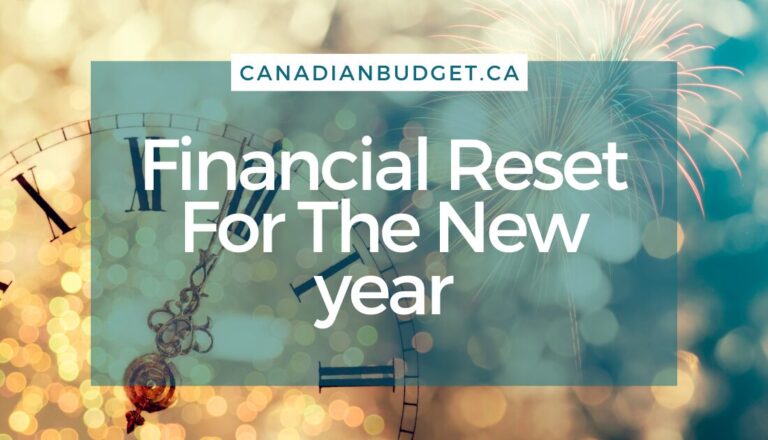
Financial Reset For The New…
How to Do a Financial Reset for the New YearAs the new year begins, it's the perfect time to take...
Read More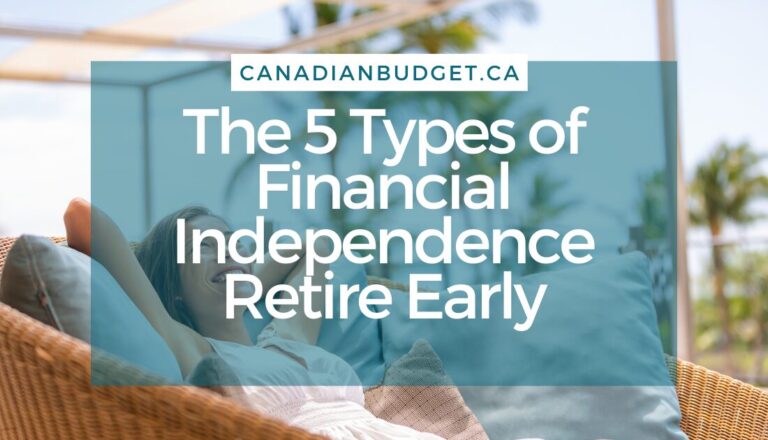
The 5 Types of Financial…
Starting your journey towards Financial Independence Retire Early (FI/RE) in Canada opens up possibilities for those eager to take control...
Read More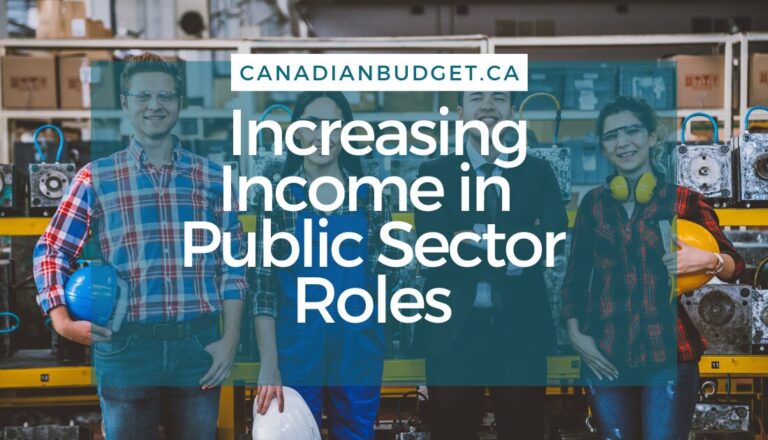
In a Public Sector role?…
Public sector roles, including those in schools and hospitals, make up approximately 21% of employment in Canada. That includes teachers...
Read More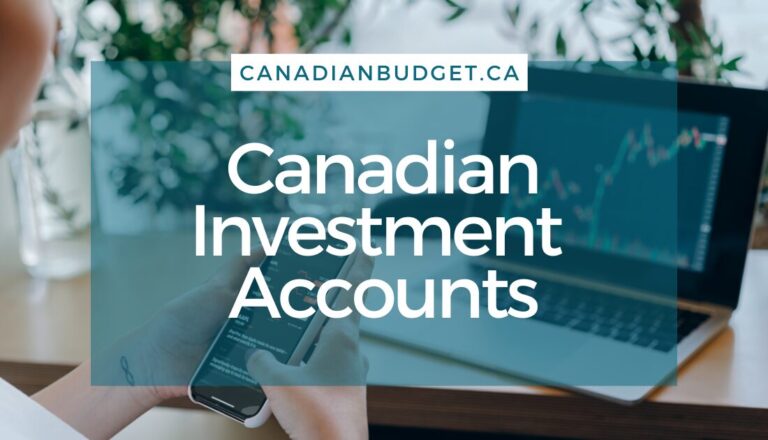
8 Canadian Investment Accounts To…
If you are new to investing, you might be wondering what the Canadian investment accounts are available, and which is...
Read More
What Are Canadian Real Estate…
Canadian Real Estate Investment Trusts: What They Are and Should You Invest? Canadians have heard owning property was the path...
Read More
6 Ways Fixing Credit Scores…
Struggling with debt can significantly impact your financial well-being, especially if your credit score suffers. Fixing credit scores is important...
Read More
The Paying Yourself First Method
Taking control of your financial future starts with a simple yet powerful concept: paying yourself first. Shifting your money mindset...
Read More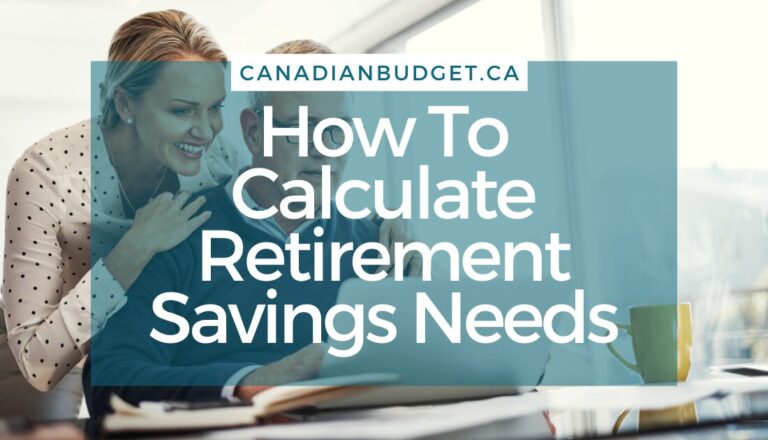
How to Calculate Retirement Savings…
When is a good time to calculate retirement savings needs? When retirement may be decades away it’s hard to think...
Read MoreAbout The Author
Jessica Morgan
Jessica Morgan is the founder and CEO of Canadianbudget.ca. She is passionate about personal finance and helping Canadians improve their financial literacy by providing more Canadian focused financial content. A millennial mom of one, she has a burning obsession with all things personal finance.
Jessica has a BA in East Asian Studies from York University and a Masters in Business Administration from Toronto Metropolitan University. She is a career public sector employee with a Hybrid Pension, and an advocate for Canadian women to improve their personal finance knowledge.

